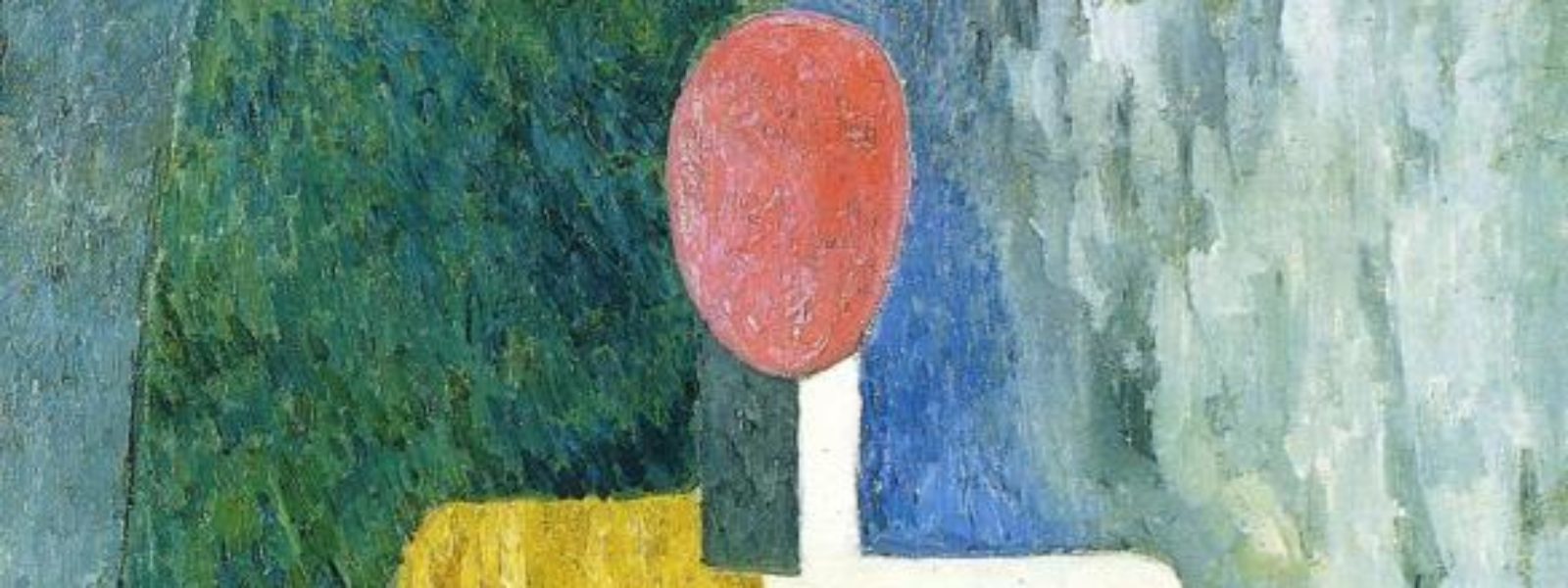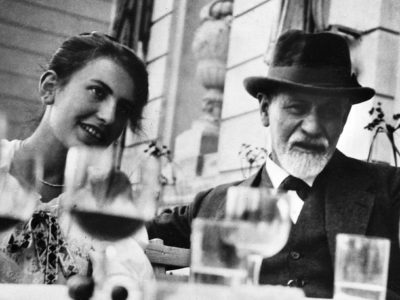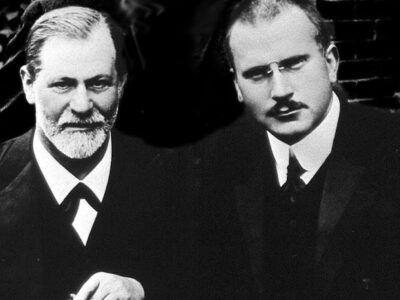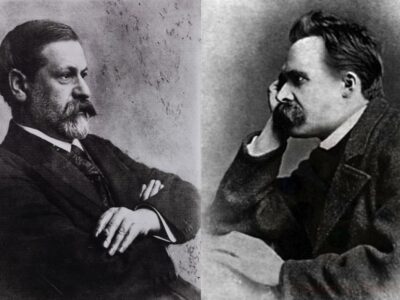
- This event has passed.

This course will take place over 2 days: 19 and 20 May 2022, from 13.30 – 17.00 British Summer Time each day (time includes a tea break). All attendees will also receive access to the recording, available for 1 month. This series is run annually and will always be adjusted from the previous year with the latest reading.
Kant’s philosophy represents the culmination of the Enlightenment, pointing forward to Romanticism, and beyond, and his ‘Copernican revolution’ in philosophy (as he described it) is the starting point for all contemporary European thought. After Kant, European philosophy divided into two separate channels, comprising those thinkers who accepted the implications of his ‘Copernican revolution’, and those thinkers who did not. The major figures in the first channel – Schopenhauer, Nietzsche and Kierkegaard – drew out the deep implications of Kant’s new starting point, and in doing so, developed ideas that provided the conceptual foundations for the creation of psychoanalysis at the end of the 19th century. (The major thinkers in the second channel created the foundations of contemporary social and cultural thought, which impacted upon psychoanalysis in the second half of the 20th century, and this will be the subject of the next course, PSY & PHIL 3).
Session 1: We will explore the philosophy of Schopenhauer, examining the central ideas of his masterpiece – ‘The World as Will and Representation’ (1818/1859). Together with the work of Charles Darwin, Schopenhauer’s philosophy provides the conceptual underpinning of Freud’s theories of the mind. Schopenhauer divides the human being into ‘will’ and ‘intellect’, and anticipates Freud in describing ‘repression’ and unconscious motivation generally, as well as by emphasising the centrality of sex to human life. He was not merely an ‘armchair’ thinker, but spent time in mental asylums getting to know the inmates, and his acute psychological observations derived from this source, as well as from his own experience, inform his penetrating theories, and form the basis of a profound philosophy of life.
Session 2: Schopenhauer set Nietzsche on the path that led to the writing of his first book, ’The Birth of Tragedy’ (1872), and later to his masterpiece, ‘Thus Spake Zarathustra’ (1882-5). In this session, we will study Nietzsche’s ground-breaking ideas: the opposition between Apollonian and the Dionysian; the Overman: Eternal Recurrence: and the Will to Power. We will trace Nietzsche’s development of Schopenhauer’s key ideas – and his rejection of Schopenhauer’s pessimism, in favour of a philosophy of life-affirmation. We will also explore Nietzsche’s achievements in the psychoanalysis of (Western) culture.
Session 3: Kierkegaard was a thinker with the same extra-ordinary depth of psychological insight as Nietzsche – yet they are direct contraries whose views on Christianity (a central preoccupation for both) were diametrically opposed. Nietzsche attacked Christianity as a life-denying religion (sharing the views of Freud on this), advocating a return to the authentic religious outlook of Ancient Greece. Kierkegaard was also a fierce and unrelenting critic of the conventional Christianity of his day, but insisted that what was necessary was to recover the true, original meaning of Christianity, which had been lost. We will explore the key ideas of Kierkegaard’s ‘Fear and Trembling’ (1843) and ‘Concluding Unscientific Postscript’ (1846).,
Session 4: In the final session we will put the ideas of the philosophers together with psychoanalysis, demonstrating how Schopenhauer influenced Freud directly (through his teacher on the brain, Theodore Meynert), how Nietzsche’s thinking provided the source of the key concepts of Jung’s psychology, and how Kierkegaard anticipated many of the themes of psychoanalysis, particularly the deepest thinking of Klein.
A limited number of bursary places are available for those under financial hardship. Bursary places will grant access to the live and recording access for £15. We will try to give away as many bursaries as we can, but priority will be given to UK unemployed and PIP/ESA claimants. Please apply here.






